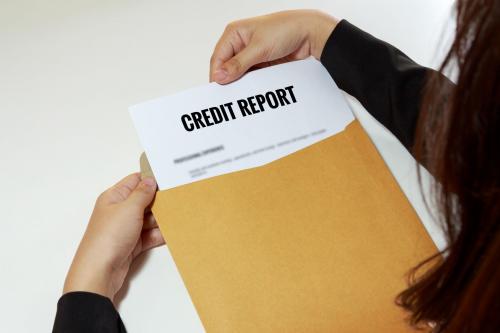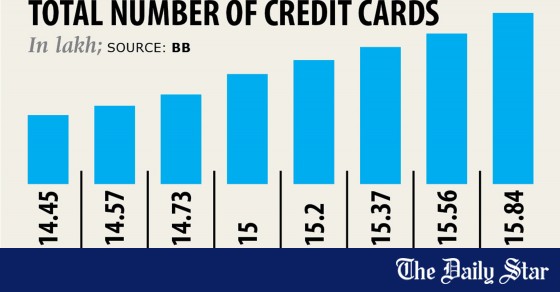If you have significant unsecured debt, you may be considering various repayment strategies. Debt settlement is an option that often looks attractive at first glance but can actually be much more problematic than it first appears. This is especially true in the case of “professional” debt settlement—an arrangement that involves working with a debt settlement firm that negotiates with your creditors on your behalf. This can be a very expensive endeavor, take many years to complete, leave some of your accounts unresolved, and wreak havoc on your credit score. However, there is a different type of debt settlement, which some people refer to as “do-it-yourself” or “DIY” settlement. This has some advantages over professional settlement, but still has drawbacks. Let’s take a closer look.
When and Why Should You Consider DIY?
DIY debt settlement may be a better alternative to professional debt settlement. But, that is not saying much, since debt settlement is perhaps the least effective and least reliable method of debt repayment. You should probably only consider DIY settlement if you are already delinquent on your accounts. It would not be wise to intentionally become delinquent in order to pursue debt settlement, because a debt management plan would likely be a much better option. You might also consider DIY settlement when you have a small number of accounts to resolve. For example, if you are just trying to manage one difficult debt—say a hefty medical bill—then DIY settlement might make sense.
If you decide to pursue settlement, there are several reasons why you may opt for a DIY approach. We have previously documented the extensive issues with professional debt settlement. Consumers pursuing that option should expect to pay fees amounting to 15 to 25 percent of the enrolled debt. They should plan on the process taking three to four years. They should anticipate that some (if not most) of their accounts will not be settled, and they should know that forgiven debt will be taxed. On top of all this, we predict that most professional debt settlement clients will see their credit score drop by more than 100 points.
Taking a DIY approach may avoid some of these issues.
How to Do It
If you pursue DIY settlement, these are the steps to take.
Research First
The first step you should take is to research your creditor and any policies they may have regarding debt settlement. You can find online forums where other consumers discuss how they have handled settlement negotiations with specific creditors in the past. You may also find information from the creditor directly. Do this research to get a sense of what your creditor might agree to.
Save Up Cash
You may maximize your negotiating leverage by stocking up on cash. Most creditors will want to see an offer of a large lump sum. NerdWallet reports that you should generally expect to be able to settle with an offer of 40 to 50 percent of the balance, so that is probably a good goal to have in mind.
Some creditors may be open to a settlement payment plan instead of a lump sum. However, you should think very carefully before considering that approach. Depending on the terms of the payment plan, your agreement could terminate if you miss a single payment.
Prepare Your Offer
You know that realistically you can expect to settle at around 40 to 50 percent of the balance. So, your initial offer to the creditor should be quite a bit lower in order to leave room for negotiating. Come up with an initial lump sum offer and call your creditor. You may need to speak with a manager, or call back multiple times until you reach a helpful representative. Based on your research, you may find that your creditor has a specific “financial relief” division, so you will want to be sure to call that department to increase your chance of success. Remember, there is no guarantee that your creditor will agree to any settlement offer.
Get It in Writing
Once you have a verbal agreement with your creditor, you must ensure that the deal is put in writing. This writing will provide proof of the arrangement should any issues arise later. The last thing you want is to hand over a large lump sum only to have the creditor claim that they never agreed to treat that as a full settlement.
Make Your Payment(s)
Of course, the last step is to hold up your end of the bargain. Make your payment(s) promptly and in accordance with your agreement. Make sure that the creditor receives the payment(s) and holds up its end of the deal. From there, keep an eye on your credit report to ensure the account’s new status is reported correctly.
Credit Score Impact and Taxes
The steps detailed above can allow you to bypass many of the pitfalls associated with professional debt settlement, but not all of them. The main pros of the DIY approach are that the process can move more quickly, and that it can be much more affordable since you won’t pay any fees to a firm. However, there are still cons.
The major con is damage to your credit score. Every additional missed payment to your creditor hurts your credit score. So, if it takes you a few months to save up for a lump sum payment, your score may take a beating in the meantime. On top of this, settling a debt is always more damaging to your credit than paying a balance in full. As Experian explains, settling a debt (even with the DIY method) leads to the debt being reported as “settled” or “account paid in full for less than the full balance” on your credit report. These are considered negative marks and will remain on your report for seven years from the delinquency date.
Lastly, while you will not have to worry about paying fees to a settlement firm, you will still have to worry about the IRS. Forgiven debt is considered taxable income. Once you factor in this expense, your settlement will not be as good of a deal as it initially appeared. If you saved up a load of cash for a lump sum payment, you may need to turn around and start saving another lump sum—this time for a tax bill.
Worth It?
DIY debt settlement definitely has some advantages over working with a professional debt settlement firm. That does not mean that it is a good idea, though. Many consumers would be much better offer with credit counseling or another method of repayment. DIY settlement is best for those with a very small number of accounts. Still, those that pursue this option should prepare for significant credit score damage, tax liability, and the potential that their settlement efforts will not be successful.
The post How to Negotiate Debt Settlement on Your Own and the Impact to Your Credit Score appeared first on NFCC.
Read more: nfcc.org







